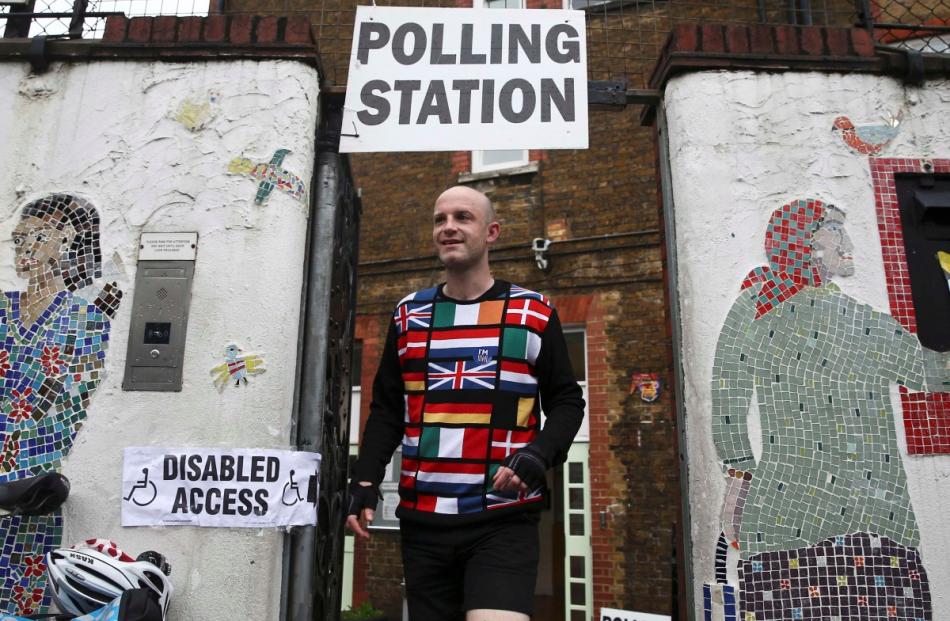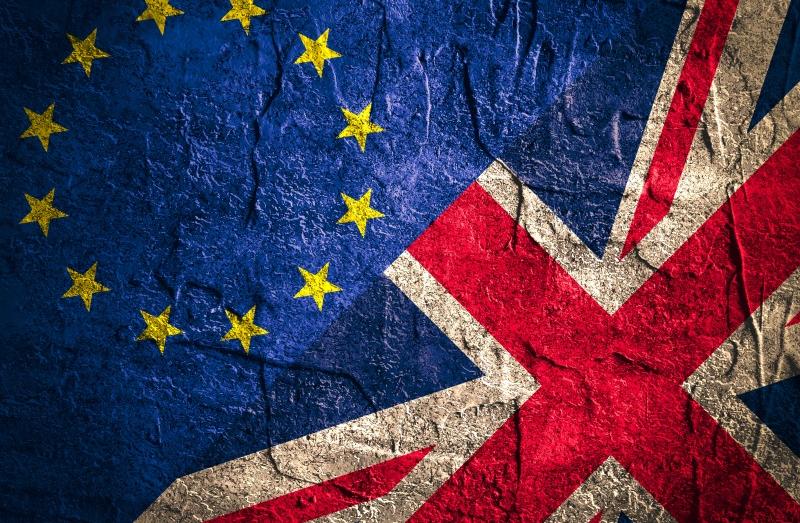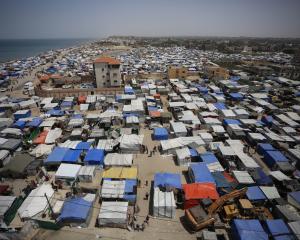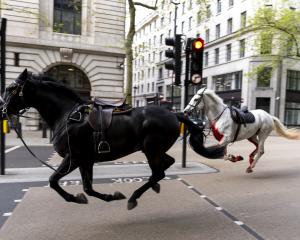David Cameron says he will resign as Prime Minister by October after Britons voted in a referendum to leave the European Union.
"I do not think it would be right for me to be the captain that steers our country to its next destination," he told reporters outside his Downing Street office on Friday.
"I think the country requires fresh leadership". David Cameron to step down in October following #BrexitVote httpspublicpublic://story/2016/07/29604_LR1EC6M131IYB_RTRMADP_3_BRITAIN-EU__1_.jpgstory/2016/07/_717433362_S1AETLRHLOAA_RTRMADP_3_BRITAIN-EU.jpgt.co/qRzOcC6IhD
— BBC Breaking News (@BBCBreaking) June 24, 2016
Thursday's landmark vote sets the country on an uncertain path and deals the largest setback to European efforts to forge greater unity since World War 2.
World financial markets dived as nearly complete results showed a 51.8 to 48.2 percent split for leaving. The British pound collapsed no less than 18 US cents - easily the biggest fall in living memory - to hit its lowest since 1985. The euro in turn slid 3.2 percent to $US1.1012 as investors feared for its very future.
Thursday's vote will initiate at least two years of messy divorce proceedings with the EU and raise questions over London's role as a global financial capital. Cameron had earlier pledged to stay on whatever the result.

Asked if Cameron, who called the referendum in 2013 and campaigned to stay in the bloc, should resign if Britain voted for Brexit, Farage said: "Immediately."
The United Kingdom itself now faces a threat to its survival, as Scotland voted 62 percent in favour of staying in the EU and is likely to press for a new referendum on whether to become independent after its 2014 vote to stay in the UK.
Scottish First Minister Nicola Sturgeon said the vote "makes clear that the people of Scotland see their future as part of the European Union."
Northern Ireland's largest Irish nationalist party, Sinn Fein, said the result intensified the case for a vote on whether to quit the UK.
Quitting the EU could cost Britain access to the EU's trade barrier-free single market and mean it must seek new trade accords with countries around the world. President Barack Obama says it would be at the "back of a queue" for a US pact.
The EU for its part will emerge economically and politically weakened, facing the departure not only of its most free-market proponent but also a member country that wields a UN Security Council veto and runs a powerful army. In one go, the bloc will lose around a sixth of its total economic output.
<img data-cke-saved-src="/fil

Cameron is expected to formally report the result to his European counterparts within days and prepare negotiations for the first exit by a member state from the EU - an exit he has said would be irreversible.
The British leader called the referendum in 2013 in a bid to head off pressure from local eurosceptics, including within his own party. Initially billed as an easy ride, the vote has now put his political future on the line. Conservative party ally Boris Johnson, the former London mayor who became the most recognizable face of the "leave" camp, is now widely tipped to seek Cameron's job.
Opinion polls had see-sawed throughout an acrimonious four-month campaign, but the Remain camp edged ahead last week after a pro-EU member of parliament, Jo Cox (41), was shot and stabbed to death by a man shouting "Britain first". The attack shocked Britons and raised questions about whether the tone of the debate was fuelling intolerance and hatred.
In the end though, the pro-EU camp was powerless to stop a tide of anti-establishment feeling and disenchantment with a Europe that many Britons see as remote, bureaucratic and mired in permanent crises.
Ambivalent member
Britain, which joined the then European Economic Community (EEC) in 1973, has always been an ambivalent member. A firm supporter of free trade, tearing down internal economic barriers and expanding the EU to take in ex-communist eastern states, it opted out of joining the euro single currency or the Schengen border-free zone.
Cameron's ruling Conservatives in particular have risked being torn apart by a slow by steady rise in euroscepticism ever since differences over Europe triggered the ousting of former Prime Minister Margaret Thatcher in 1990.
World leaders including Obama, Chinese President Xi Jinping, German Chancellor Angela Merkel, NATO and Commonwealth governments had all urged a "Remain" vote, saying Britain would be stronger and more influential in the EU than outside.
Yet the four-month campaign has been among the divisive ever waged in Britain, with accusations of lying and scare-mongering on both sides and rows on immigration which critics said at times unleashed overt racism.
It also revealed deeper splits in British society, with the pro-Brexit side drawing support from millions of voters who felt left behind by globalisation and believed they saw no benefits from Britain's ethnic diversity and free-market economy.
Concerns over uncontrolled immigration, loss of sovereignty, remote rule from Brussels and a protest vote from working class northern voters appear to have trumped almost unanimous warnings of the economic perils of going it alone.
Serious implicatons
It's unclear what sort of relationship Britain will seek to negotiate with the EU once it has left.
To retain access to the single market, vital for its giant financial services sector, London would have to adopt all EU regulation without having a say in its shaping, and pay a substantial contribution to Brussels coffers for market access, as Norway and Switzerland do.
EU officials have said UK-based banks and financial firms would lose automatic "passport" access to sell services across Europe if Britain ceased to apply the EU principles of free movement of goods, capital, services and people.
Aside from trade, huge questions now face the millions of British expatriates who live freely elsewhere in the bloc and enjoy equal access to health and other benefits, as well as millions of EU citizens who live and work in Britain.
Reaction from Europe
"Please tell me I'm still sleeping and this is all just a bad nightmare!" - former Finnish Prime Minister Alexander Stubb
"Damn! A bad day for Europe." - German Vice Chancellor and Economy Minister Sigmar Gabriel
"Europe will continue but it must react and rediscover the confidence of its peoples. It's urgent." - French Foreign Minister Jean-Marc Ayrault
The vote is a "signal from both the British voters and many other voters around Europe who feel that the EU is not providing good enough answers to today's challenges." - Norwegian Prime Minister Erna Solberg
"This is bad news for Europe, for Poland ... it happened because this concept, which was created some time ago, is no longer popular in Europe." - Polish Foreign Minister Witold Waszczykowski
"We must show people why we believe the EU is important, why we need to remain." - Swedish Eu Minister Ann Linde
"We want be in charge of our own country, our own money, our own borders, and our own immigration policy ... As quickly as possible, the Dutch need to get the opportunity to have their say about Dutch membership of the European Union." - Dutch Anti-Immigration Leader Geert Wilders
"We are determined to keep our unity as 27 ... I will propose that we start a period of wider reflection on the future of our union." - European Council president Donald Tusk














